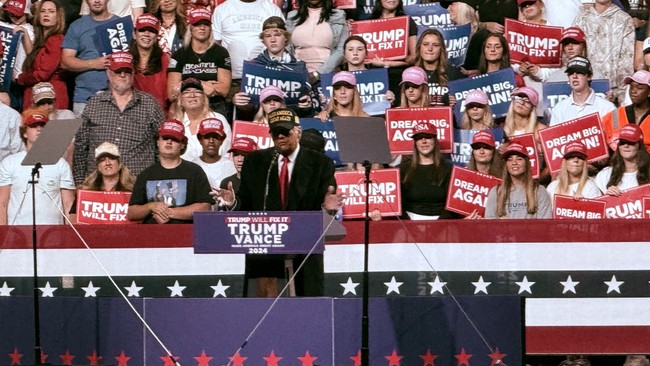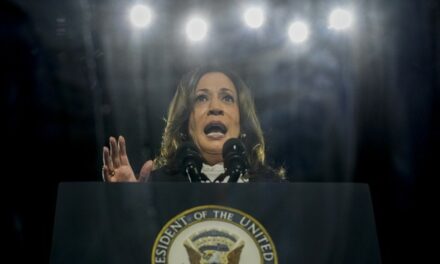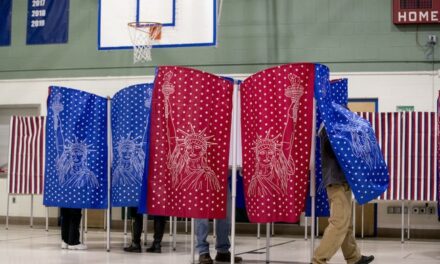We support our Publishers and Content Creators. You can view this story on their website by CLICKING HERE.

Just four months ago, our British cousins voted in an election that changed the course of their country. Today, we go to the polls and will hopefully change the direction of ours.
Advertisement
There are some interesting comparisons between the two elections. Granted, we won’t know the result of the U.S. elections until tonight — or maybe later — but there are some weird similarities and some obvious differences between the two elections.
Let’s start with the timing of these elections. The British elections took place on July 4, eliciting snickers from Americans. I don’t know if Britons ever think about the significance of that day, but it’s funny that they went to the polls the day we were celebrating that we don’t have to vote in their elections.
Of course, American elections have taken place on the first Tuesday in November since 1845, but this year’s Election Day falls on a significant day in the UK: Guy Fawkes Day, which commemorates the foiling of a plot to blow up the houses of Parliament. People throughout the UK remember this event in a holiday they call Bonfire Night, when people light bonfires, enjoy fall treats, and shoot fireworks.
Side note: I hope that the historical cry of “Remember, remember the 5th of November” takes on new meaning as the day we rescued our nation from authoritarian leftism.
Some of the same issues drove voters in both elections. Britons have struggled economically, and immigration is a hot-button issue there as well. Here in the States, immigration and the economy are two of the top issues for voters this year.
Advertisement
Recommended: Georgia Election Preview: The Lay of the Land in the Reddest ‘Purple’ State
There’s a certain political similarity about both elections as well. 2024 has been a year of anti-incumbent fervor in a lot of elections, and that certainly played out in the UK. The Conservative Party — which I’ve argued isn’t all that conservative — held the levers of power for 14 years in Great Britain, and voters there were fed up with what they saw as a lack of improvement in their standard of living under Conservative leadership.
Even with Labour’s razor-thin mandate, the election results were enough to put an overwhelming majority of Labour Party politicians in Parliament. The small and marginally effective Reform UK movement gave genuine conservatives a voice as well.
Likewise, there’s a certain anti-incumbent spirit here. Donald Trump’s voters are desperate to oust an administration that has done everything wrong. The anti-incumbent zeitgeist invaded the Democrats, too; witness the effort to oust Joe Biden and install Kamala Harris as the nominee in his place.
There are some marked contrasts between the two elections. Obviously, the parliamentary, first-past-the-post system in the UK is different from our majority-rules system, which thankfully includes the Electoral College. But the British system of elections gave Labour a massive parliamentary majority with many winners only emerging with a small plurality of votes.
Advertisement
The weird similarities and contrasts between the two elections show us that we’re not all that different from our British cousins — except that we’re independent of them! 🇺🇸 And hopefully, we’ll make a better choice in our election this year than they did in theirs.
Regardless of what happens in this election, we’re going to keep fighting the fight for conservative principles and policies. One way you can do that is by becoming a VIP member. VIPs get deeper dives into important issues, podcasts, commenting privileges, and an ad-free experience — while having a heck of a lot of fun.
A PJ Media VIP membership is a tremendous value on its own, but you can use the promo code FIGHT to get 60% off! What are you waiting for? Sign up today!

 Conservative
Conservative  Search
Search Trending
Trending Current News
Current News 







